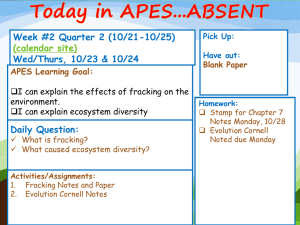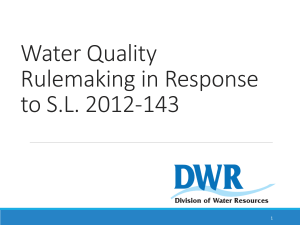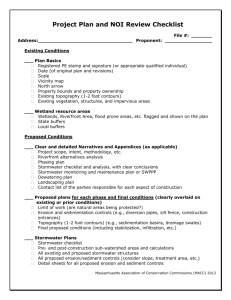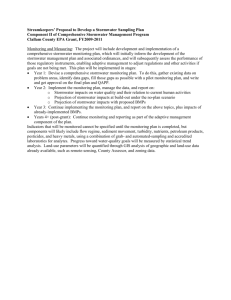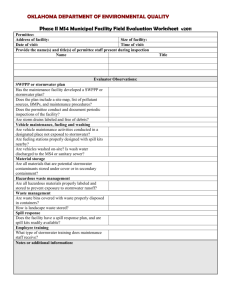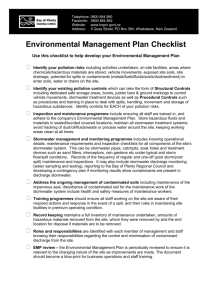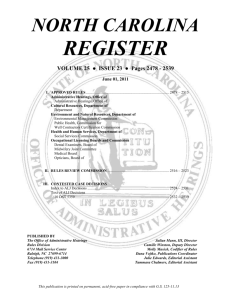EMC-frack-stormwater-rules-factsheet
advertisement
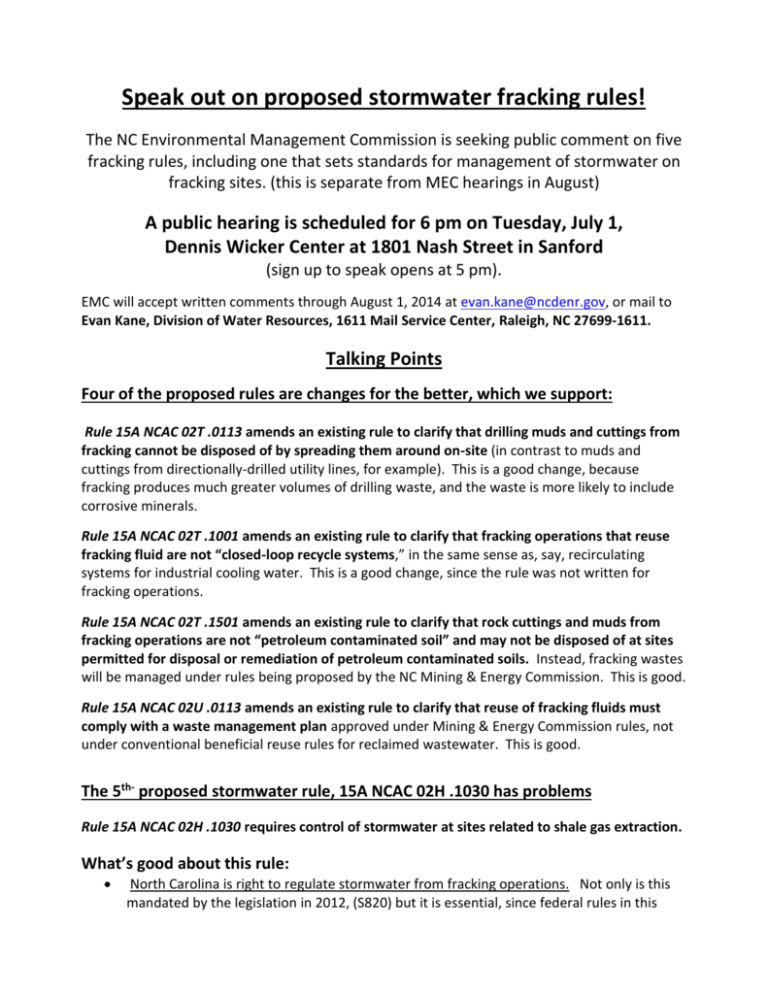
Speak out on proposed stormwater fracking rules! The NC Environmental Management Commission is seeking public comment on five fracking rules, including one that sets standards for management of stormwater on fracking sites. (this is separate from MEC hearings in August) A public hearing is scheduled for 6 pm on Tuesday, July 1, Dennis Wicker Center at 1801 Nash Street in Sanford (sign up to speak opens at 5 pm). EMC will accept written comments through August 1, 2014 at evan.kane@ncdenr.gov, or mail to Evan Kane, Division of Water Resources, 1611 Mail Service Center, Raleigh, NC 27699-1611. Talking Points Four of the proposed rules are changes for the better, which we support: Rule 15A NCAC 02T .0113 amends an existing rule to clarify that drilling muds and cuttings from fracking cannot be disposed of by spreading them around on-site (in contrast to muds and cuttings from directionally-drilled utility lines, for example). This is a good change, because fracking produces much greater volumes of drilling waste, and the waste is more likely to include corrosive minerals. Rule 15A NCAC 02T .1001 amends an existing rule to clarify that fracking operations that reuse fracking fluid are not “closed-loop recycle systems,” in the same sense as, say, recirculating systems for industrial cooling water. This is a good change, since the rule was not written for fracking operations. Rule 15A NCAC 02T .1501 amends an existing rule to clarify that rock cuttings and muds from fracking operations are not “petroleum contaminated soil” and may not be disposed of at sites permitted for disposal or remediation of petroleum contaminated soils. Instead, fracking wastes will be managed under rules being proposed by the NC Mining & Energy Commission. This is good. Rule 15A NCAC 02U .0113 amends an existing rule to clarify that reuse of fracking fluids must comply with a waste management plan approved under Mining & Energy Commission rules, not under conventional beneficial reuse rules for reclaimed wastewater. This is good. The 5th- proposed stormwater rule, 15A NCAC 02H .1030 has problems Rule 15A NCAC 02H .1030 requires control of stormwater at sites related to shale gas extraction. What’s good about this rule: North Carolina is right to regulate stormwater from fracking operations. Not only is this mandated by the legislation in 2012, (S820) but it is essential, since federal rules in this area are extremely weak. Thanks to industry lobbying, the only time an operator must obtain a federal stormwater permit is if it discharges a ‘reportable quantity’ of pollutants, or violates a water quality standard. With no one checking, the chance of triggering that requirement is low. This proposed state rule will be the only real control on stormwater. It will protect public drinking water. The area where fracking seems most likely to happen – Lee County in the Deep River watershed has public water systems with intakes not far downstream from where stormwater will enter the river system. It would require that, during construction of a wellpad, operators keep toxic chemicals and other pollutants where they will not get mixed with stormwater, That is important, because once pollutants are mixed with stormwater, it is virtually impossible to separate them out again. What’s bad, or missing from this rule: Bad: The proposed rule should impose the same requirement during drilling of the well, operation, production, and closure. Hazardous chemicals are much more likely to contaminate stormwater during drilling and production operations than during wellpad construction, but the proposed rule does not address this threat. (This concern may be partly addressed by a rule proposed by the Mining & Energy Commission, 15A NCAC 05H .1403, which requires that wellpads be designed not to discharge, but it should be in this rule, too). Bad: The proposed rule requires operators to control runoff from a one inch rainfall, .1030(c)(4)(A). That standard means it is legal for larger storms to overwhelm the stormwater capture and treatment system and discharge directly to streams. To allow discharges of stormwater from a chemically-intensive drilling operation during large storms presents unacceptable risk to public health and the environment downstream. Inadequate: The proposed rule appears to require that any discharges from a stormwater pond on a fracking site must draw from well under the surface, to avoid taking along any hydrocarbons floating on top, .1030(c)(4)(E). That’s a start, but it does not require skimming of hydrocarbons from the pond, so they may eventually escape when the water level drops. Also, this provision does not address pollutants that are water soluble. Inadequate: The proposed rule states that state regulators shall establish ‘self-reporting’ and ‘self –inspection’ requirements to ensure that the other standards are met, .1030(c)(5). The rule provides no details about these, and there is little reason to believe that selfregulation will deliver meaningful compliance with the rule. Neighbors and the general public deserve direct state inspections and enforcement to assure compliance with the terms of the rule. For more information contact Grady McCallie, NC Conservation Network 919-857-4699 x101 or Elaine Chiosso, Haw Riverkeeper 919 542-5790 info@hawriver.org Go to www.FrackFreeNC.org for updates
